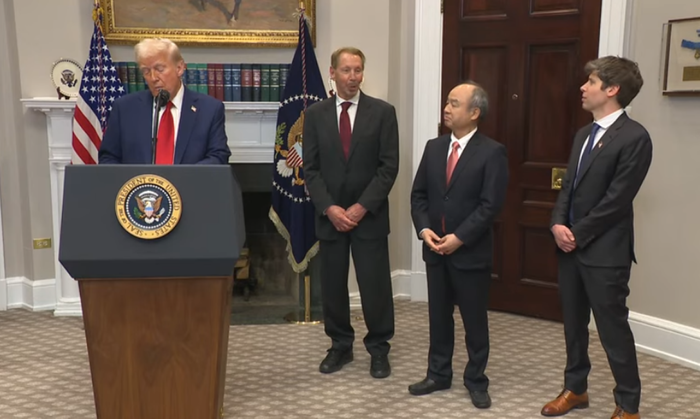Do I Really Need a License?Do I Really Need a License?
It’s time for an upgrade of your land mobile radio communications system, because your operations have expanded or you need the features like GPS/AVL (automatic vehicle location) or advanced text messaging, features that only come with newer radios. You have two choices. In the past, you would need to update your entire system. With advancements in radio technology, you can retain some of your existing analog radios and add new digital radios over time, migrating to an all-digital operation on your own schedule.
September 30, 2014
It’s time for an upgrade of your land mobile radio communications system, because your operations have expanded or you need the features like GPS/AVL (automatic vehicle location) or advanced text messaging, features that only come with newer radios. You have two choices. In the past, you would need to update your entire system. With advancements in radio technology, you can retain some of your existing analog radios and add new digital radios over time, migrating to an all-digital operation on your own schedule.
As you do your research, you’ll see that, apart from the features that you may want in your new radios, there are other decisions to make. There are low power and high power radios, and different frequency bands with radios capable of operating on multiple frequencies. Your radio purchase must not only meet the needs of your organization but also the licensing requirements of the FCC rules. Your two-way radio dealer can recommend the right equipment and make sure that you secure the proper licensing.
If you talk to a seller who tells you that you can buy mobile or portable radios, or if you’re tempted by the radios available on eBay, and told by any seller that the radios do not require licensing, just walk away. Those sellers are what the industry – without any respect or affection – calls “trunk slammers.” In other words, they don’t have a legitimate manufacturer relationship, and they sell radio “inventory” of suspect background, and commonly operate from the trunk of their car or via the Internet. Commercial mobile radios, no matter what you may be told, must have an FCC license for operation.
You may decide to add some inexpensive portable hand-held radios to your operations, too, perhaps for employees to use around the office or your complex. These radios are available from industrial suppliers, on-line vendors, big box stores and from your two-way radio vendor, and it may look like there isn’t much difference in quality, even at different price points. As you research these handheld radios, you’ll notice that some require a license, and some do not, and that’s when things can get tricky if you’re not aware of the difference.
The terms Family Radio Service (FRS) and General Mobile Radio Service (GMRS) are designated for radios primarily intended by the FCC for family and personal use. FRS radios are strictly for personal use, although some hunting and fishing outfitters use them, and commonly you’ll see them for sale in sporting goods stores. FRS radios are low power (0.5 watt) handhelds that do not require an FCC license. You’ll also hear this category of portable radios referred to as “dot frequency” or “color dot” radios. The color or dot reference comes from a coding system that manufacturers originated many years ago. GMRS radios can only be licensed to an individual and they can only be used to communicate with family members. Business use is generally not allowed. However, a license is required to be able to operate on the frequencies set aside by the FCC for GMRS purposes. There are FRS/GMRS hybrid radios available, however, if the GMRS frequencies are used, then a GMRS license is required. There are two distinct frequency listings with their own authorized power in these hybrid radios.
Some of these inexpensive GMRS or FRS portables are fine for what’s called on-site communications over a small physical footprint, such as within an office or small building or from an office to a close-by location such as a parking lot. Generally speaking, though, radios for business use must be licensed under the FCC Rules Part 90, (PLMRS) rules. The frequencies that are found in this rule include bands from 30 to 900 MHz, allocated by the FCC specifically for Industrial/Business use.
Small, inexpensive portables can be a great tool for your business. Some professional, high performance models available today are the size of a credit card and deliver a lot of talk power, often at the expense of distance, however. As you consider these radios, just be sure you’re aware of the licensing rules above.
Before you make any radio purchase, bring your questions about licensing to the Enterprise Wireless Alliance. We can review the equipment you have selected to make sure it will meet your current frequency and power needs and work with you on appropriate frequency coordination and licensing.



_Zoonar_GmbH_Alamy[1].jpg?width=700&auto=webp&quality=80&disable=upscale)